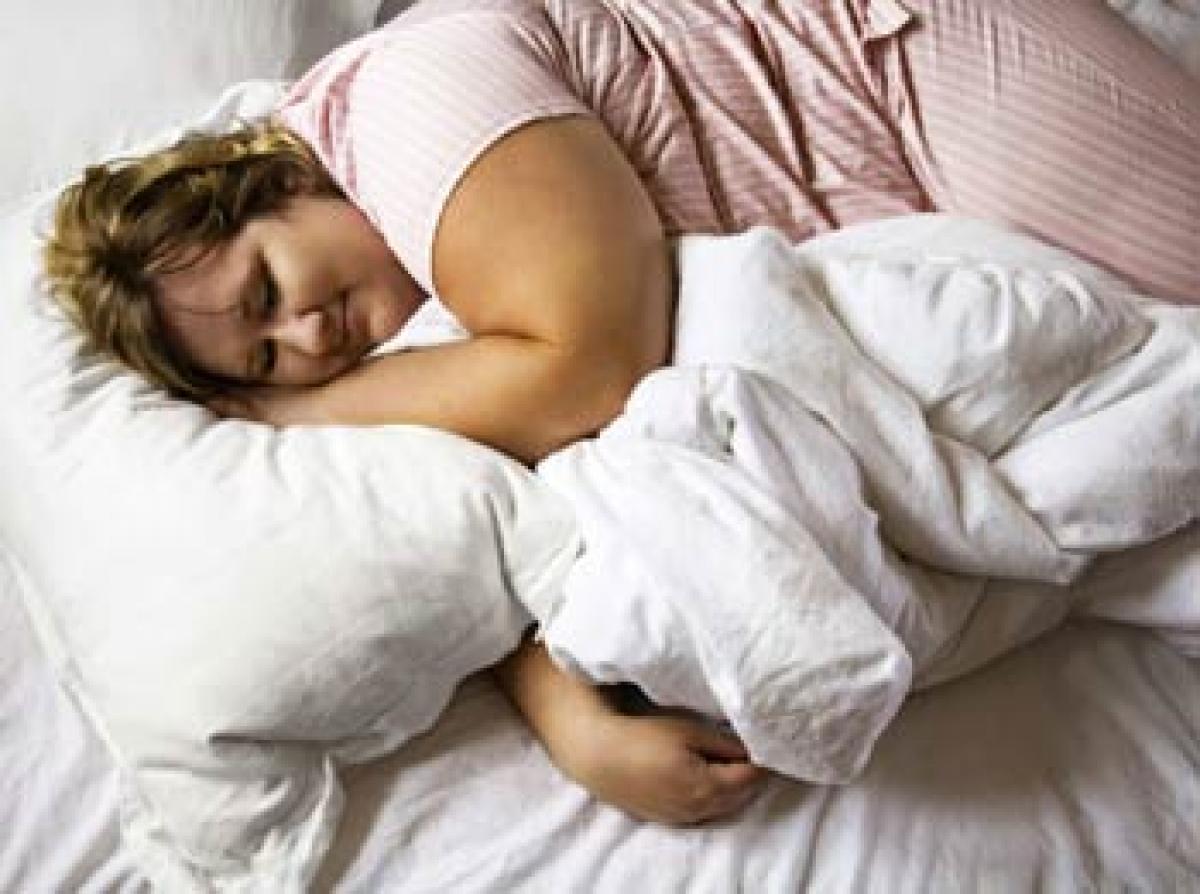Live
- SBI rescues sr citizen from `46L cyber fraud
- 12-yr-old dies of electrocution
- Installation of smart meters opposed
- State Cabinet expansion in focus as CM leaves for Delhi
- Need to reintroduce country’s forgotten pride: Bhagwat
- Pant shatters Iyer's IPL auction record, sold to Super Giants for Rs 27 cr
- Yuva Sangeetha Sammelanam held
- Dharani proves a bane for 25K families across State
- Reckless, Dangerous Arms Race
- Russia needs a peace deal as it is running out of soldiers
Just In

Do you feel sleepy during daytime at work? Blame it on your love for oily samosas and cheese-laden pizzas -- not to forget a poor night\'s sleep -- for this. According to a study, men who consume diets high in fat and sleep less during night time are more likely to feel sleepy during the day.
Do you feel sleepy during daytime at work? Blame it on your love for oily samosas and cheese-laden pizzas not to forget a poor night's sleep for this. According to a study, men who consume diets high in fat and sleep less during night time are more likely to feel sleepy during the day.
"After adjusting for other demographic and lifestyle factors and chronic diseases, we found that those who consumed the highest fat intake were more likely to experience excessive daytime sleepiness," said lead author Yingting Cao, doctoral student at University of Adelaide in Australia.
Higher consumption of food items rich in fat was also strongly associated with sleep apnea, a sleep disorder. "Poor sleep and feeling sleepy during the day means you have less energy, but this, in turn, is known to increase people's cravings for high-fat, high-carbohydrate foods associated with poor sleep outcomes.
So the poor diet-and-sleep pattern can become a vicious cycle," Cao explained in the paper published in the journal Nutrients. Daytime sleepiness may have significant implications for alertness and concentration, the researchers warned, adding that people need to pay more attention to eat better and have a good sleep.
"We hope our work could help to inform future intervention studies, enabling people to achieve healthy weight loss while also improving their quality of sleep," Cao added. The results were based on data of more than 1800 Australian men aged 35-80 and included their dietary habits over a 12-month period.
Among those with available dietary and sleep data, 41 per cent of the men surveyed had reported experiencing daytime sleepiness, while 47 per cent of them had poor sleep quality at night. About 54 per cent had mild-to-moderate sleep apnea, and 25 per cent had moderate-to-severe sleep apnea.

© 2024 Hyderabad Media House Limited/The Hans India. All rights reserved. Powered by hocalwire.com







